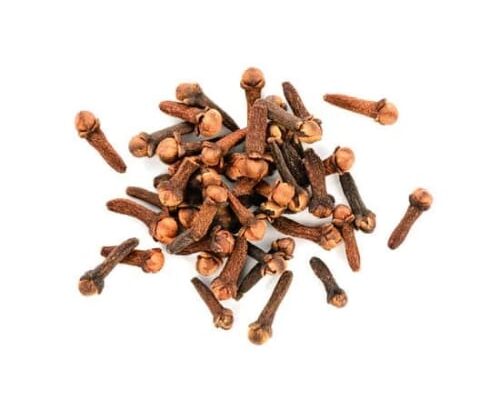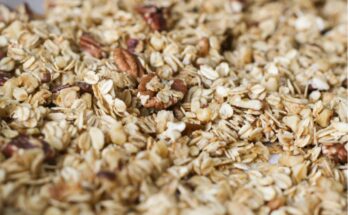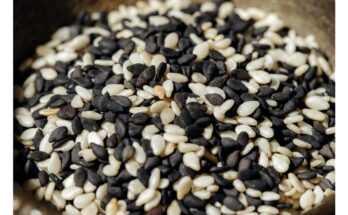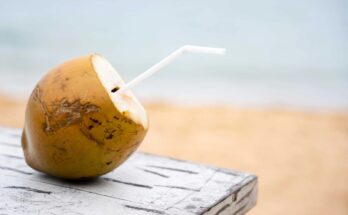Cloves, considered one of the most valued spices of the Orient, come from the evergreen clove tree (Syzygium aromaticum), which typically grows to a height of 10 to 12 meters. The tree has a straight trunk, and its flower buds, known as cloves, are harvested once they turn crimson. When dried, these buds darken to a reddish-brown color and are around 1.25 cm in length.
The clove tree’s buds, stems, and leaves are used to produce essential oils through steam distillation. Clove bud oil, extracted from the dried buds, is rich in compounds such as eugenol, eugenol acetate, and caryophyllene. Stem oil, however, has an even higher concentration of eugenol but less eugenol acetate, while leaf oil contains smaller amounts of eugenol and minimal quantities of the other compounds.
Cloves are famed for their numerous medicinal benefits, largely due to their volatile oils. These oils possess stimulant, carminative, antiseptic, antispasmodic, and expectorant properties. They also aid in improving circulation, digestion, and metabolism.
In traditional Indian medicine, cloves are commonly used to treat various health issues, either as a powder or a decoction. Clove oil is particularly useful for regulating blood circulation and stabilizing body temperature. When applied to the skin, it acts as a stimulant, creating warmth and redness.
Cloves are especially known for their pain-relieving qualities, particularly in easing toothaches. Placing a whole clove or a cotton ball dipped in clove oil into a cavity can help relieve pain and prevent food from getting trapped.
For muscle cramps, clove oil can be applied as a poultice, while joint pain, neuralgia, and migraines can be alleviated by mixing five drops of clove oil with 30 ml of olive oil and using it as a liniment.
A traditional remedy for headaches involves creating a paste from cloves, salt crystals, and milk. The cloves help reduce pain, while the salt absorbs fluid, reducing tension.
In the culinary world, cloves are widely used as table spices and are often combined with other spices like chilies, cinnamon, and turmeric to make curry powder. They are also used to flavor betel quid (paan). Beyond cooking, clove oil is a common ingredient in perfumes, soaps, bath salts, and is frequently used as a flavoring agent in medicinal and dental products.
Nutritive value per 100 g of Cloves:
Energy (kcal) : 286
Protein (g) : 5.2
Fat (g) : 8.9
Carbohydrates (g) : 46
Crude Fibre (g) : 9.3
Minerals (g) : 5.2
Calcium (mg) : 740
Phosphorus (mg) : 100
Iron (mg) : 11.7
Magnesium (mg) : 130
Vitamins:
Carotene (µg) : 253
Thiamine (mg) : 0.08
Riboflavin (mg) : 0.13




